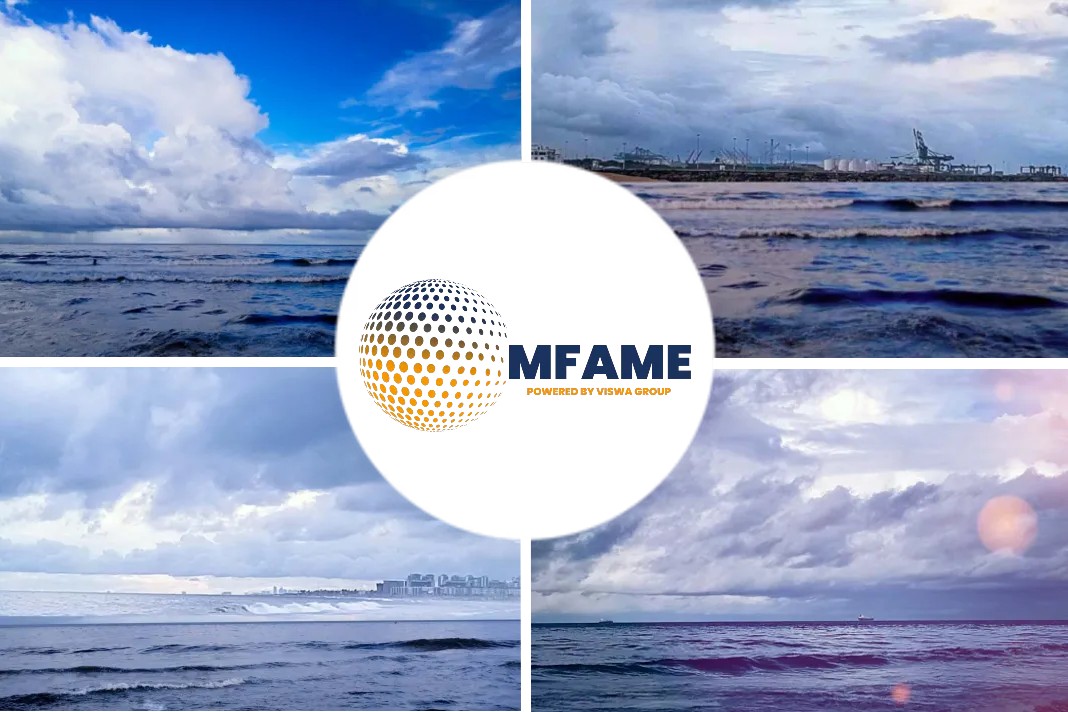
In an era marked by rapid digital transformation, the 2023 International Union of Marine Insurance (IUMI) conference in Edinburgh, Scotland, serves as a compelling reminder of the imperative for marine insurance to evolve alongside the digitalization sweeping through the global shipping industry. The iumi source.
- The 2023 IUMI conference in Edinburgh highlights the need for marine insurance to adapt to the digitalization of global shipping, particularly the shift towards electronic bills of lading.
- The Digital Container Shipping Association (DCSA) is driving the transformation of paper-based bills of lading into a data-driven system, aiming to issue 100% of BLs digitally by 2030, potentially saving billions of dollars in efficiency gains.
- Marine underwriters must proactively prepare for this digital shift to continue providing effective coverage and risk assessment in the evolving landscape of the shipping industry.
A Digital Revolution in Global Shipping
The 2023 International Union of Marine Insurance (IUMI) conference, held in Edinburgh, Scotland, has brought to the forefront the transformative impact of digitalization in the shipping industry. Patrizia Kern-Ferretti, Chair of IUMI’s Big Data and Digitalization Forum, emphasized the need for marine insurance to keep pace with this digital revolution. The conference highlighted a pivotal development: the move towards fully electronic bills of lading (BLs) and its potential to revolutionize the global supply chain.
The Role of Bills of Lading
Bills of lading (BLs) have long played a vital role in international trade by serving as receipts for goods, evidence of carriage contracts, and documents of title. They are essential for documenting and tracking cargo as it moves through the complex web of the global supply chain. However, the traditional paper-based BL system is now facing a paradigm shift.
The Digital Container Shipping Association’s Initiative
The Digital Container Shipping Association (DCSA), a non-profit association representing 70% of global container trade, is spearheading the transition from paper-based BLs to a data-flow-based system built on DCSA standards. Their ambitious goal is to have 50% of BLs issued digitally within five years and achieve complete digitalization by 2030. This initiative has the potential to transform how international trade is conducted, ushering in significant efficiency gains and cost savings, estimated to be in the billions of dollars.
Preparing Marine Underwriters for the Digital Future
Marine underwriters are urged to be proactive in embracing this digital transformation. As the shipping industry evolves towards digital BLs, marine insurers must adapt their practices to ensure they can provide the necessary coverage and risk assessment for this new era. The conference emphasized that while progress is being made, there is a sense of urgency, as the industry may be moving too slowly in the face of rapid digitalization.
Did you subscribe to our daily newsletter?
It’s Free! Click here to Subscribe!
Source-iumi
























